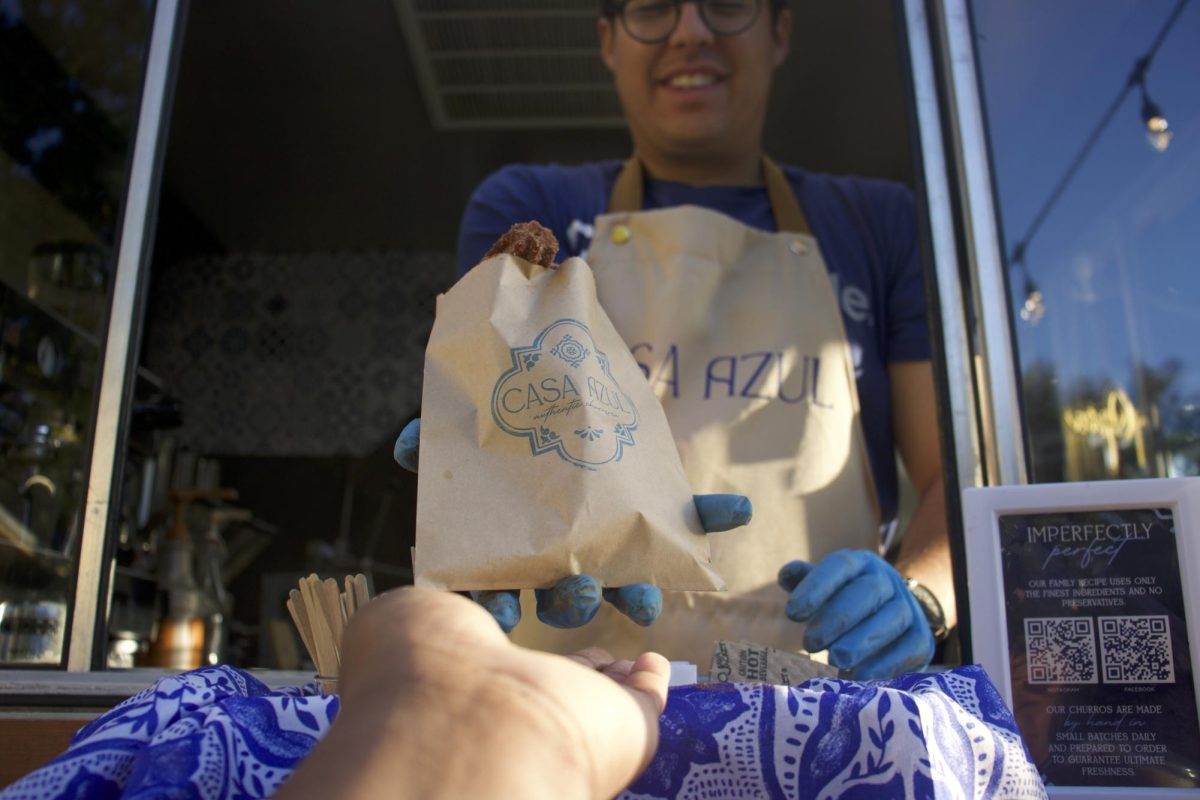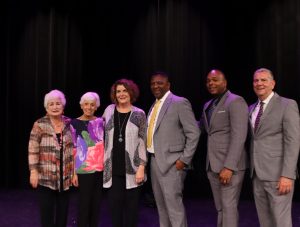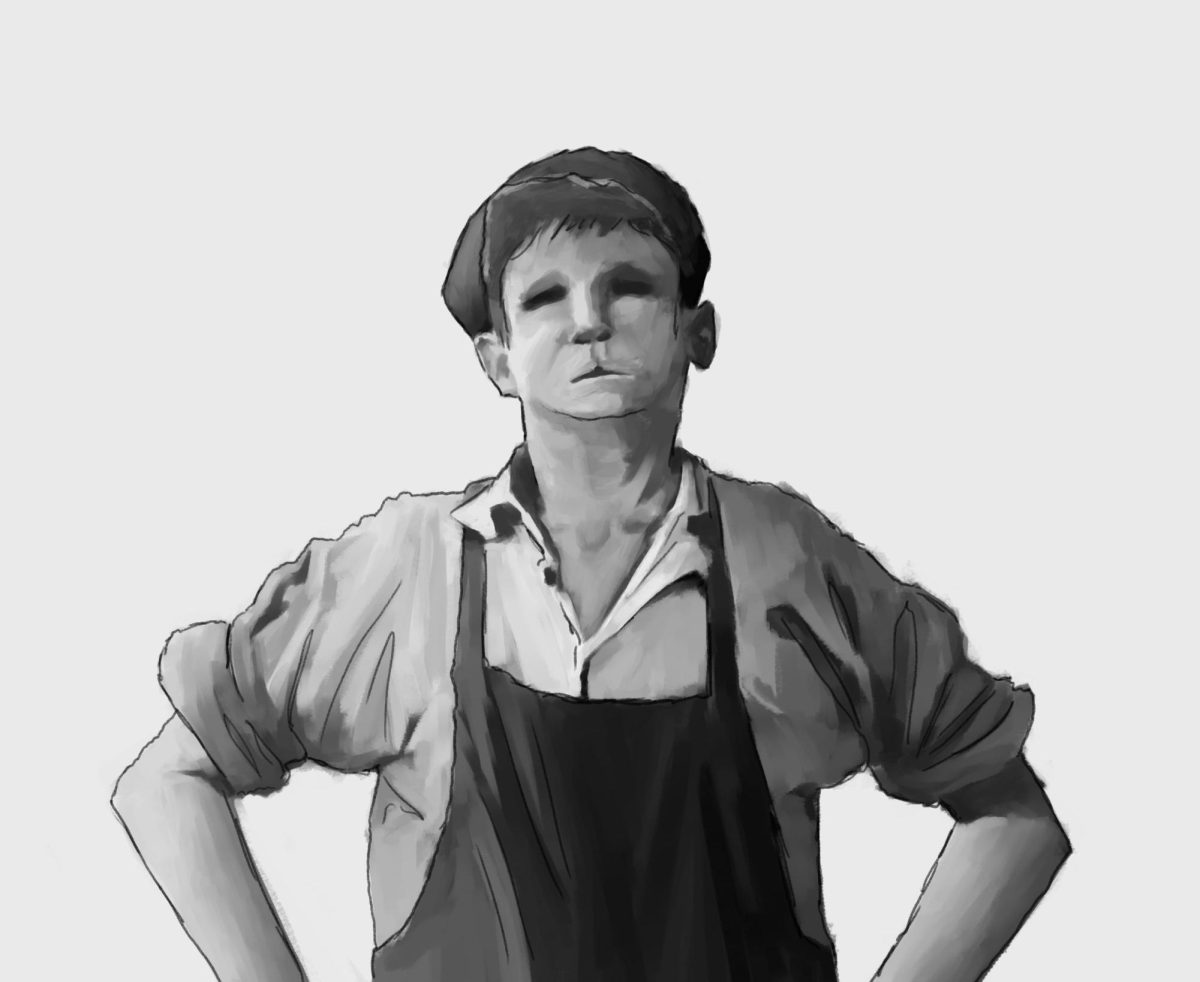Being a working student has become the life of many high school students in the United States; with this development, child labor restrictions are all the more important. Rolling back these restrictions is nothing short of an attack on students who need jobs, forcing them to work longer hours and put an education on the back burner.
Recently, the Florida House has approved a bill which would allow 16 and 17-year-olds to be considered as adults under child labor protection laws. They would be allowed to work more than 30 hours per week during the school year and can even be scheduled to work overnight shifts.
In Florida specifically, this change has been spurred by the labor shortage facing the state after Desantis-era crackdowns on illegal immigration caused many labor shortages. While we are a largely untapped labor pool, turning to children is not the answer.
While having an after-school job may teach a student responsibility and customer-service skills which may become useful later on in life, working too much can harm academic performance.
A 2010 study found that “Teenagers working over 20 hours per week perform worse in school than youth who work less.”
This statement is simple, yet it speaks volumes. Tapping into students and children to fill labor quotas is either a symptom of a malicious government or a simple lack of foresight. An uneducated youth population means that they will grow up to innovate less, and as technological development slows, economic growth slows. In the long run, these laws will create more problems than they are poised to solve.
However, this is not such a black and white issue. Many students need to work hours during the school week to help support their family or just simply earn a little spending money for themselves. Considering this, the ability to work more than 30 hours per week, taken at face value sounds great, but it is not all that it is cracked up to be.
Most employment in Florida is “at-will” employment meaning that not only is the employee hired or fired at the will of the employer, but they may also force you to work any shift (whether or not the employee wants to) at the threat of termination. The new legislature not only lifts restrictions on the number of hours students have to work per week, but also which hours they can work. Employers would be able to schedule students aged 16+ to work overnight shifts during the school year.
By taking this massive step backwards in employment reform, holding an after-school job might become too difficult for students (especially with increasing academic demands from schools), and many students who do not explicitly need a job will quit. Who’s left then? The ones who desperately need the jobs, who have nowhere else to turn. They will be left, and will be working much harder to fill the gaps left by those who quit.
Another study conducted by Northeastern University shows an average $9,000 difference in expected salary between a person with a high school diploma vs. someone who never graduated. Salary continues to increase as one progresses through levels of higher education.
The students who are unable to quit, may drop out of school out of necessity.
So, what’s the solution? Before this issue, there was the exploitation of illegal immigrants for the labor that nobody else wanted to do. They had no other options, so they were paid a fraction of what a citizen would be paid. This legislation is just another case of exploiting the marginalized: students who need jobs. The answer to filling the job shortages affecting Florida is a very obvious one. Pay workers more money. However, implementing this is hard.
With the economy in its current state, and inflation – despite increases plateauing – remaining at an all-time high, many business cannot afford to offer large sums of money for traditionally minimum wage jobs. A government infusion of cash to businesses who apply would allow for them to hire adults to fill gaps in labor. Now, the government is not just made of money, but luckily there’s an easy way for them to get it.
Over his years in office, Desantis rejected close to 11 billion dollars in federal aid due to energy and healthcare related “strings” attached to it. Perhaps, going forward, the state government could accept the federal aid to solve a looming crisis rather than fight an ideological war.












